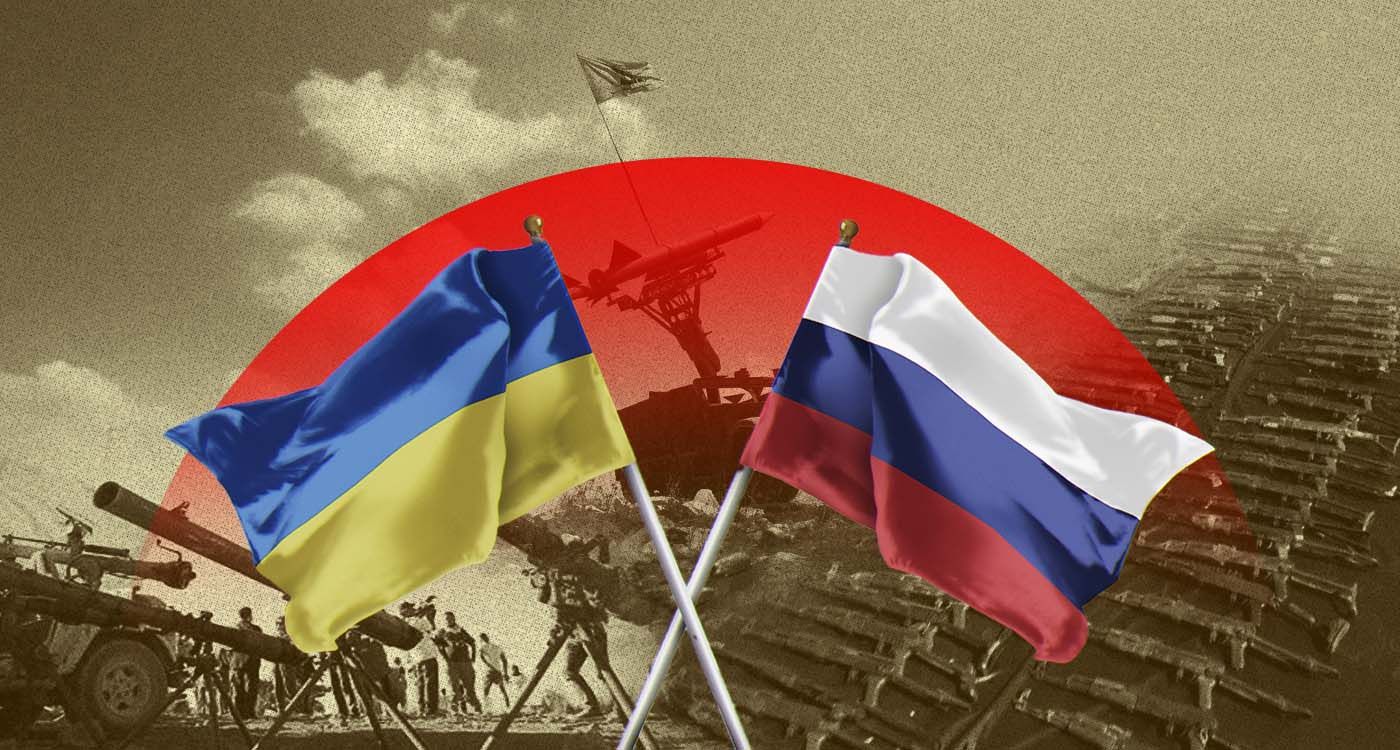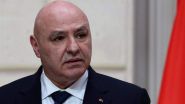
Some wars drag on endlessly. Not because they are unsolvable, but because certain leaders have decided their political survival depends on keeping them alive.
Two examples stand out today: the war in Ukraine and Hezbollah’s self-proclaimed “resistance” in Lebanon.
Since February 2022, Moscow has clung to a military adventure with no end in sight, consuming hundreds of thousands of lives to satisfy the obsessions of a defunct empire. In Kyiv, Zelensky is not only the courageous president the West hails, but also a prisoner of his own Hollywood-hero role. Peace for him would mean the collapse of his popularity and a brutal return to reality: a country bled dry, corrupt and emptied of its people. So, he stays on stage, collecting applause from Western capitals.
In Beirut, a religious militia brandishes its arsenal as if it were an ID card. War has become a business model: fear is carefully cultivated to justify power.
The parallel does not erase the differences between the two cases, but it reveals the same mechanism: fabricating a perpetual enemy, trapping populations in perpetual siege, and above all, remaining indispensable. In Ukraine, the Kremlin waves NATO as the ultimate bogeyman. In Lebanon, Hezbollah points to Israel as the eternal excuse for its arsenal. Behind the grand slogans, the goal is identical: war as political life insurance.
Yet these wars are senseless. In Ukraine, no one truly believes Russia is “liberating” anyone; it is simply bleeding its people and isolating its economy. In Lebanon, no one truly believes the “resistance” is protecting anything; it only serves Iranian interests while holding an entire nation hostage.
The difference is one of scale: Russia plays across hundreds of thousands of square kilometers; the pro-Iranian militia plays with one of the world’s smallest countries. But the result is the same: people sacrificed at the altar of political lies.
And while most leaders stand by and let these wars run their course, a paradox emerges: it is Donald Trump who, in both cases, is attempting to impose solutions to end the conflicts. A sign, perhaps, that peace may not come from those who parade in lofty rhetoric, but from those willing to break the pattern.
Two useless wars, two deadly obsessions, and one lesson: as long as leaders prefer the clamor of arms to the silence of compromise, people will continue to pay the price.
Victor Hugo once said: “Make war on wars, and peace will do the rest.”




Comments